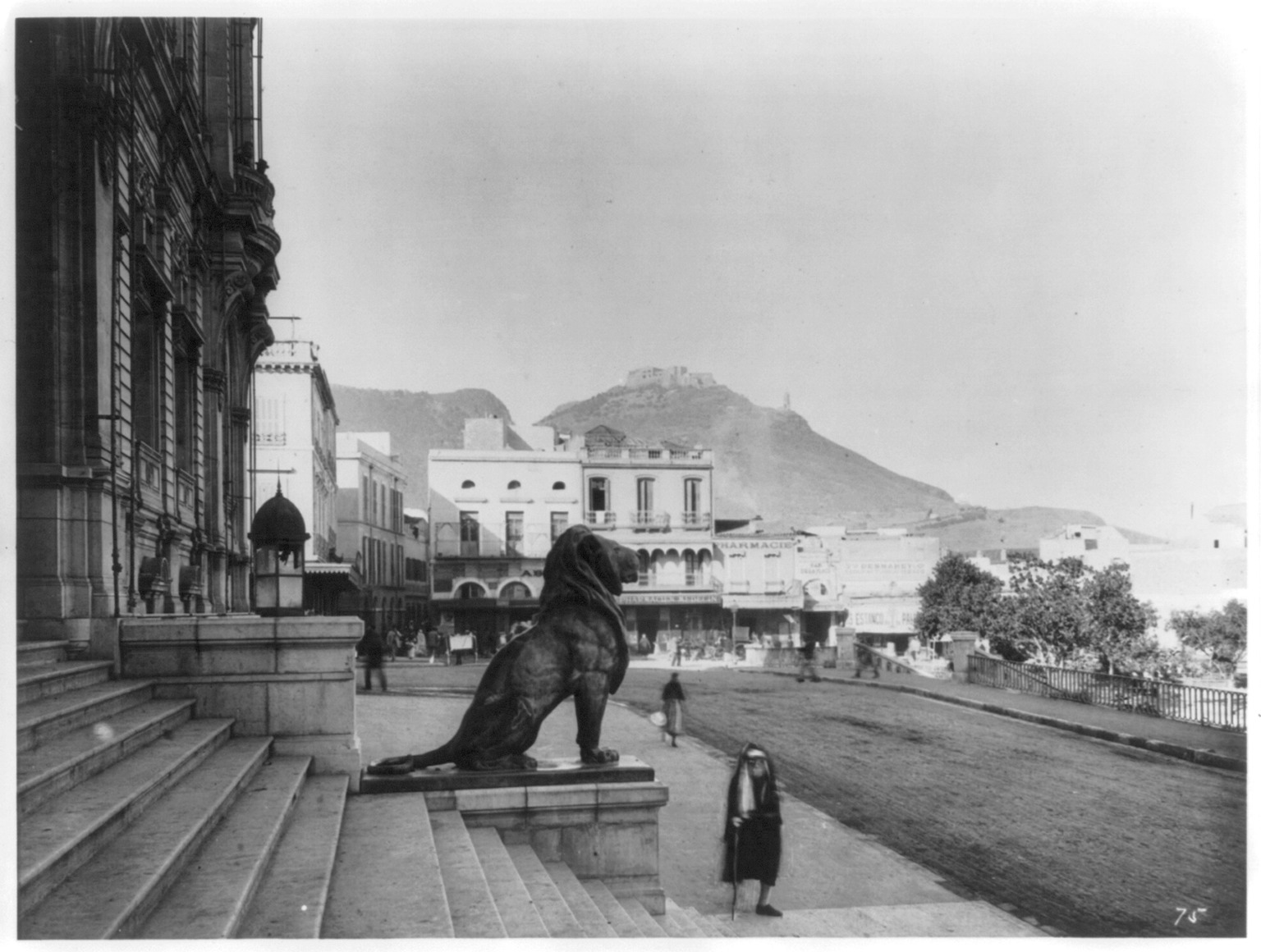For Garrett
1. This is a failure. It failed to hold my attention, my interest, or my empathy. It is a convoluted mess, and it leaves me to think that Camus can't be bothered to tell a story, write a sentence, or communicate an idea. At the least he cannot here. His characters are flat and uninteresting and they all speak in the same voice - they are mostly indistinguishable throughout the novel. Even if the character similarities are intentional for some obscure point about "mankind", this is just bad writing. A lot of the pages seem like filler - like they do not illuminate characters, situations, the plot, or the underlying ideas. It also seems like a shallow description of a plague ravaged town that carries little weight or believability. Camus is forever telling his readers that he will explain something later, which I think is a bad writing tactic. But by the time I got to the end of the book, I wished he would've explained some of the book itself.
2. What is it actually about? I could not argue effectively against a surface interpretation - it could be just a fictional story about a plague town. Where he does gain depth, it's all over the place - Christianity, communalness, love, individuality, revenge, and violence. But I also could not argue against any of those being "the plague". Perhaps violence is the strongest argument simply because Tarrou states explicitly that is the plague to him. But he's not the main character, so have a grain of salt. The third option is contextually based: a besieged city during either world war. The book is based in some unnamed Mediterranean city, and many of those went through similar experiences shortly before the book was written. I don't know, but if Camus did, he should've gotten to the point eventually.
3. It's moderately interesting that the main character is the plague, not a human. But, Charles Dickens did this better in A Tale of Two Cities. And that is the first time I have ever said that Dickens did anything better than anybody.
4. Maybe this was well written in French, but this translation makes it seem poorly written. The translator isn't even named on the cover or inside the book. I can't read the one character struggling to write a single sentence without believing that he is voicing Camus' own frustrations. There are some beautiful descriptions, some poetic metaphors, and an over-arcing mood of strangeness that are all well done. But they are rare enough to be notable.
5. Ultimately, his arguments are ineffective. His anti-Christianity is straw-mannish and overly bitter. His anti-death penalty is idealistic and naive. His saintliness is confusing, but interesting - though he may be actually talking about citizenship. His "love is egoism" argument is shallow and self evident, aside from being repeated so often that I'm sick of it by the end. His individuality arguments are undermined by the lack of same in all of his characters. His arguments about revenge can be summed up with: all people want revenge at times, and sometimes that is a bad thing. The broader argument that adversity draws people together and tears them apart is self evident and not explored in any interesting way that illuminates humans or humanity.
6. If he was satirizing something, I missed it. By writing a bad book he failed to satirize it effectively. If one writes a bad book intending to make fun of bad books, they've just added another bad book to the list. Nothing else. I don't think he was satirizing anything, but I certainly am having a hard time understanding this book. What did I miss here?
7. On reflection of a couple of weeks time, I do think that his main theme is saintliness without god. This explains much, but not everything. I still do not like this book, but realizing this as an ideal helps fit this novel into the oeuvre of Camus' work.


No comments:
Post a Comment